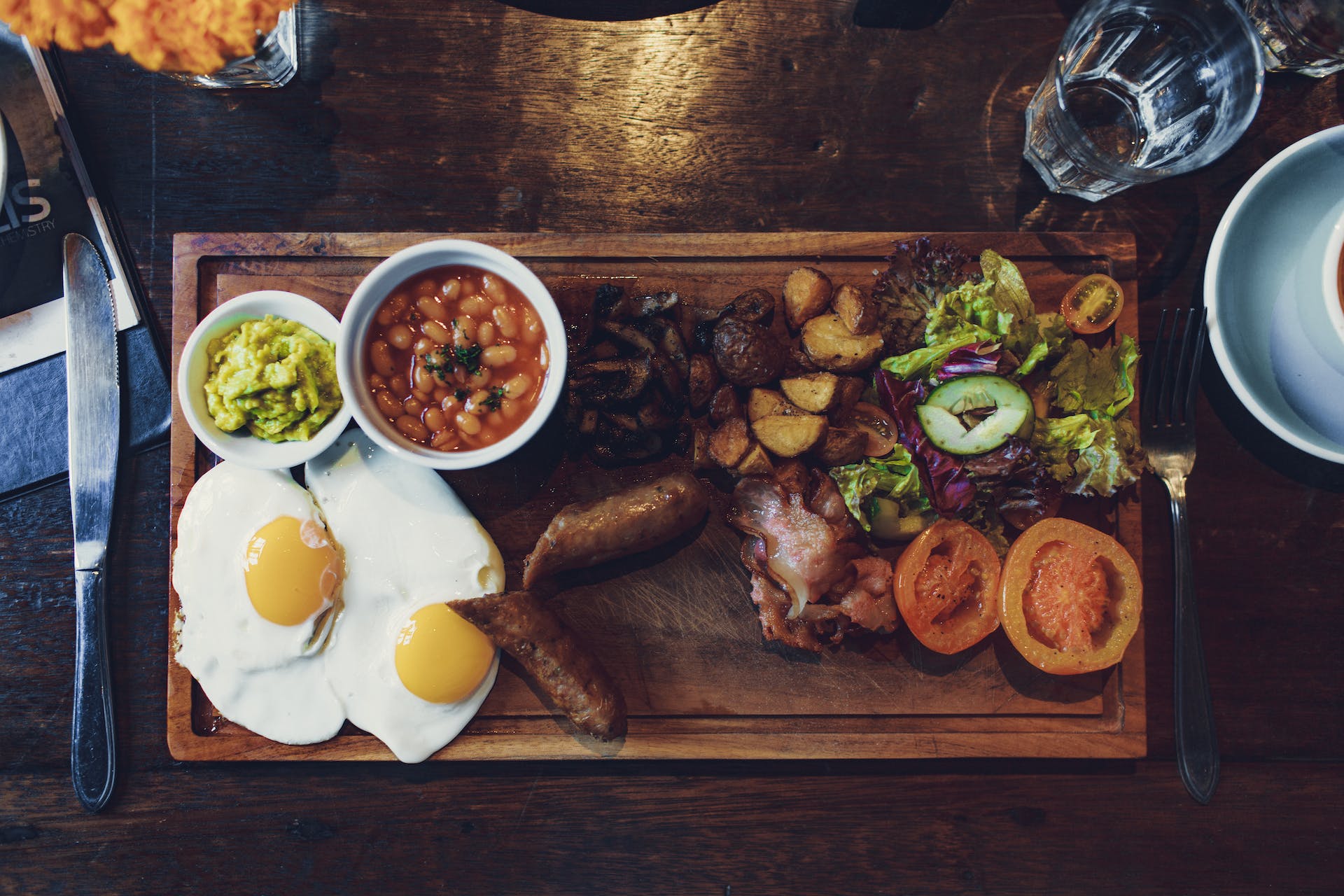Whenever I talk about nutrition, I just can’t stop because there is so much information to share. As the saying goes, our bodies are built in the kitchen, sculpted in the gym. What we eat daily is very important to maintaining a healthy lifestyle, as well as supporting your overall fitness goals. Nutrition becomes even more important if one of our primary fitness goals is to lose a good amount of body fat.
Nutrients are generally separated into two distinct categories – macronutrients, and micronutrients. Macros refer to carbohydrates, proteins and fats, and these are the energy sources of our body. Micronutrients, on the other hand, supports our bodily functions and promotes overall health wellness. In this post, we’re only going to focus on just macros — and that’s already a lot to cover!
If you’re looking to lose body fat, it’s important to know what macronutrients are and how they affect your weight loss goals
After all, losing fat is all about creating a “caloric deficit” in our body. And what are calories? Energy.
Macronutrients: Carbohydrates
Carbohydrate is the main energy source our body would burn for energy. Each gram of carbohydrate provides the body with 4 calories.
When we consume carbohydrates, they are broken down by our body into glucose, which will then be introduced into our bloodstream. When the concentration of glucose in our bloodstream peaks, our body will release a hormone known as insulin. The main function of insulin is to clear the bloodstream of glucose, and it does so in two steps. First, it’ll attempt to channel the glucose to body parts (mainly muscles) to be used as energy. Second, it’ll convert unused glucose into body fat.
Therefore, for those who are on a mission to lose body fat, it is important to keep carbohydrate intakes to a minimum. However, this does not mean to restrict carbohydrate intake altogether, because in the absence of carbohydrates, our body will burn protein as the next source for energy. And where does your body get the protein from? Yes, from your muscles. That’s a no-no-no.
There are two types of carbohydrates – simple and complex. Simple carbohydrates include glucose, fructose, sucrose and lactose. Glucose (blood sugar) can be found mainly in food or produced by our body by breaking down complex carbohydrates. Sucrose is found in refined sugars, fructose in fruits, and lactose usually reside in dairy products. Simple carbs are easily absorbed by the body into a bloodstream and could cause a sudden glucose level spike in our bloodstream, causing insulin to over-react and turning a huge chunk of unused simple carbs into body fat.
Complex carbohydrates need further processing by our body in order to be broken down into simple carbs. That said, consuming complex carbs releases simple carbs into our body gradually, allowing our body to use them as energy before they’re converted into fat. Therefore, you’ll need to focus on consuming complex carbs in place of simple carbs if you’re looking to lose body fat.
Examples of simple carbs include white bread, white rice, refined flour, refined sugar, processed foods, soft drinks.
Examples of complex carbs include whole grain bread, brown rice, sweet potatoes, oats.
Macronutrients: Proteins
Protein is important as it repairs a worn out body after an intense workout. After a hard workout, muscles in our body are torn down, and protein is the nutrient that our body uses to do the patching up.
A gram of protein provides our body with 4 calories. That said, consuming protein (that doesn’t trigger the release of insulin) as a source of energy is highly preferred on a fat loss program. On top of that, consumption of protein releases the hormone glucagon that inhibits the release of insulin. Protein consumption also suppresses appetite, so it’s highly unlikely that you’ll be going for seconds if you eat a well-balanced meal with ample proteins on the plate.
Going on a diet with high protein and low carbohydrates is usually the way to go for those who wants to lose body fat. Proteins can be derived from most dairy produce (such as milk, cheese and eggs) and lean meats (chicken breast, beef and fishes).
Macronutrients: Fats
1 gram of fat is equivalent to 9 calories. Common sense would tell that if you’re looking to lose body fat, you shouldn’t consume fats. But the opposite is true. Fats are found to slow down the absorption rate of glucose into our bloodstream. Therefore, moderate consumption of fats is essential in a healthy and effective fat loss program (up to a maximum of 20% of your daily caloric intake).
There are good fats, and there are bad fats, however. Let us discuss each in turn.
Bad fats are fats that are detrimental to your body. They are those that you’d want to avoid at all costs. Consuming bad fats in abundance will not only contribute to fat gain, it’ll also cause you to crave for food, which ultimately lead to you gain even more fats!
Whenever you pick up food in the mart, look at the label. Whenever you see saturated fat on the label, do yourself a favor and put it back onto the shelf. These are the baddest guys around and they are highly related to numerous heart diseases, increase in cholesterol and loads of other health problems if consumed in abundance.
Another bad fat that you might encounter is trans-fatty acid (or trans fat). These are usually found in processed foods, and they should be avoided at all costs as well.
Good fats are polyunsaturated fats and monounsaturated fats. These fats contain Essential Fatty Acids (EFAs) that our body needs but could not produce. EFAs can be further classified as Omega-3 and Omega-6, and these EFAs are known to lower cholesterol, improve absorption of fat-soluble vitamins in our body, improve insulin sensitivity, and a bunch of other health related benefits. So if your food label contain these fats, you may consider adding them to your diet.
Polyunsaturated fats are usually found in fish, walnuts, pecans, and most vegetable oils (such as sunflower and safflower). Monounsaturated fats can be found in avocados, cashews, peanut butter and olive oils.
Well Balanced Meal Plan
Formulating a well-balanced meal plan is not an easy task to do. However, when you get the right match up of carbs, proteins and fats in your diet, its impact on your overall fitness goal can be seen almost instantaneously. Your efforts in the gym will finally pay off.



0 Comment